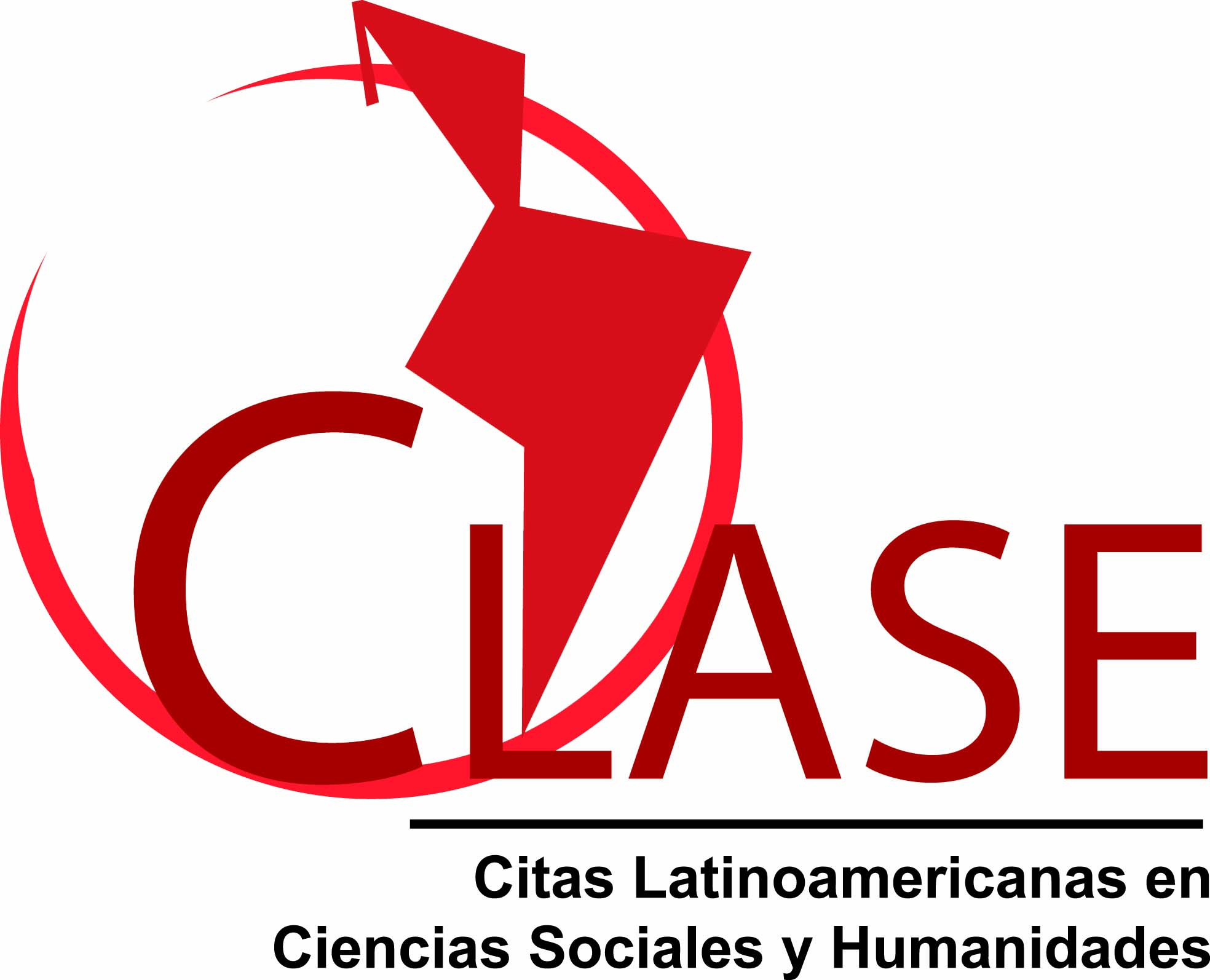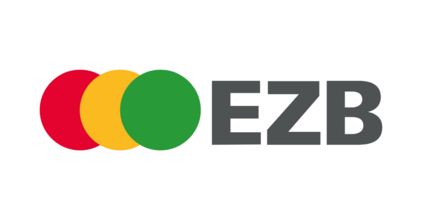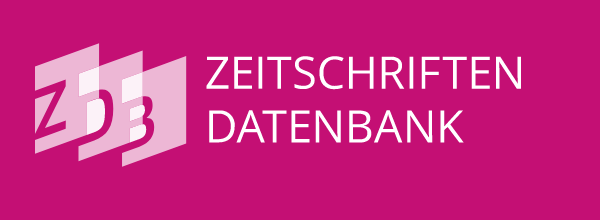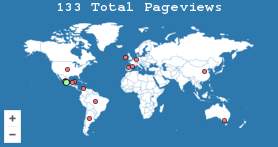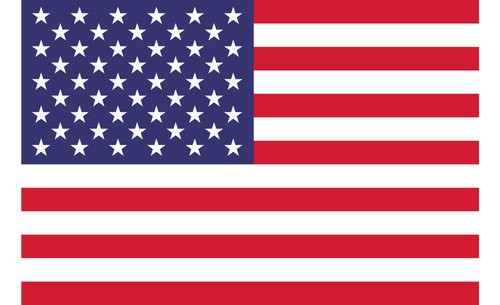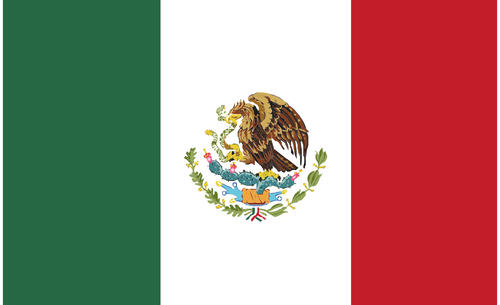Las prácticas éticas en empresas grandes en México
DOI:
https://doi.org/10.36105/theanahuacjour.2020v20n1.01Palabras clave:
encuesta, código de ética, prácticas éticas, ética empresarial, MéxicoResumen
Este artículo evalúa el estado actual de las prácticas éticas en empresas grandes en México. Se analiza una encuesta (respondida por 107 empresas) que permite conocer el tipo de prácticas éticas que han adoptado las empresas, el grado de implementación de estas prácticas, las motivaciones que se tienen para implementarlas y el impacto percibido en las organizaciones. El artículo contribuye a llenar una brecha de análisis acerca de las prácticas éticas en México.
Los resultados muestran que las empresas han implementado un conjunto de prácticas éticas de acuerdo con las tendencias internacionales. Más del 65 % de las empresas tienen un código de ética, una declaración de misión y visión, mecanismos formales de resolución de conflictos, políticas de denuncia o políticas de cumplimiento. Las tres razones principales para desarrollar políticas de ética en las organizaciones son la reputación, los valores personales de los propietarios o gerentes y la responsabilidad penal.
Descargas
Referencias
https://doi.org/10.1017/CBO9780511802058
Bowie, N. E. (2002). A Kantian approach to business ethics. In T. Donaldson, P. H.
Werhane, & J. D. Van Zandt (Eds.), Ethical issues in business: A philosophical
approach (7th ed., pp. 61-71). Prentice Hall.
Brenner, S. N. (1992). Ethics programs and their dimensions. Journal of Business
Ethics, 11 (5-6), 391-399. https://doi.org/10.1007/BF00870551
Brown, M. E., Treviño, L. K., & Harrison, D. A. (2005). Ethical leadership: A social
learning perspective for construct development and testing. Organizational
Behavior and Human Decision Processes, 97 (2), 117-134. https://doi.org/10.1016/j.
obhdp.2005.03.002
Carroll, A. B. (2015). Corporate social responsibility: The centerpiece of competing
and complementary frameworks. Organizational Dynamics, 44 (2), 87-96. https://
doi.org/10.1016/j.orgdyn.2015.02.002
Cruz, H., & Fontrodona, J. (2016). Clima ético de las empresas en Guatemala. Resultados
de la encuesta a Gerentes Generales sobre prácticas éticas formales existentes.
Guatemala, Universidad del Istmo.
De Colle, S., & Werhane, P. H. (2008). Moral motivation across ethical theories: What
Can we learn for designing corporate ethics programs? Journal of Business Ethics,
81 (4), 751-764. https://doi.org/10.1007/s10551-007-9545-7
Fontrodona, J. , & Santos, J. de los (2004). Clima ético de la empresa española: Grado de
implantación de prácticas éticas (Vol. 538). IESE: Universidad de Navarra.
Gustafson, A. (2013). In defense of a utilitarian business ethic. Business and Society
Review, 118 (3), 325-360.
Hartman, E. (2017). Aristotle’s virtue ethics and virtuous business. In A. G. Sisón, G. R.
Beabout, & I. Ferrero (Eds.), Handbook of Virtue Ethics in Business and Management, pp.
3-12. https://doi.org/10.1007/978-94-007-6510-8_109
Ibarra Ramos, R. (2002). Código de Ética. Cómo implantarlo en la empresa. Editorial
Trillas.
Instituto Nacional de Estadística y Geografía, INEGI (2014). Censos Económicos 2014.
Micro, pequeña, mediana y gran empresa. Estratificación de los establecimientos.
In Censos económicos 2014. Micro, pequeña, mediana y gran empresa. Estratificación
de los establecimientos.
Kant, I. (1996). The metaphysics of morals (M. J. Gregor, ed.). Cambridge University
Press. https://doi.org/10.1017/CBO9780511809644
Eugenio Gómez-Alatorre
Ethical Practices in Mexico’s Large Companies
Las prácticas éticas en empresas grandes en México
Kaptein, M. (2010). The ethics of organizations: A longitudinal study of the US
working population. Journal of Business Ethics, 92 (4), 601-618. https://doi.
org/10.1007/s10551-009-0175-0
Kaptein, M. (2015). The effectiveness of ethics programs: The role of scope,
composition, and sequence. Journal of Business Ethics, 132 (2), 415-431. https://
doi.org/10.1007/s10551-014-2296-3
KPMG (2013). Integrity survey 2013. kpmg.com
KPMG (2019). 2019 CCO survey. Insights for the future of ethics & compliance. kpmg.com
KPMG, & RSM Erasmus University (2008). Business codes of the global 200: Their
Prevalence, content and embedding. kpmg.com
Majluf, N. S., & Navarrete, C. M. (2011). A two-component compliance and ethics
program model: an empirical application to chilean corporations. Journal of
Business Ethics, 100 (4), 567-579. https://doi.org/10.1007/s10551-010-0696-6
Melé, D. (2009). Business ethics in action. seeking excellence in organizations. Palgrave
Macmillan.
Mill, J. S. (2014). Utilitarianism. Cambridge University Press. https://doi.org/10.1017/
CBO9781139923927
Newman, A., Round, H., Bhattacharya, S., & Roy, A. (2017). Ethical climates in organizations:
A review and research agenda. Business Ethics Quarterly, 27 (4), 475-512.
https://doi.org/10.1017/beq.2017.23
Paine, L. S. (1994). Managing for organizational integrity. Harvard Business Review,
March-April, 106-117.
PricewaterhouseCoopers (2016). PwC state of compliance study 2016. Laying a
strategic foundation for strong compliance risk management. pwc.com/us/
stateofcompliance
Singh, J. B. (2011). Changes and trends in Canadian corporate ethics programs.
Business and Society Review, 116 (2), 257-276. https://doi.org/10.1111/j.1467-
8594.2011.00385.x
Tenbrunsel, A. E., & Messick, D. M. (1999). Sanctioning systems, decision frames,
and cooperation. Administrative Science Quarterly, 44 (4), 684. https://doi.
org/10.2307/2667052
Tenbrunsel, A. E., Smith-Crowe, K., & Umphress, E. E. (2003). Building houses on rocks:
The role of the ethical infrastructure in organizations. Social Justice Research, 16 (3),
285-307. https://doi.org/10.1023/A:1025992813613
Treviño, L. K., Weaver, G. R., Gibson, D. G., & Toffler, B. L. (1999). Managing ethics and
legal compliance: What works and what hurts. California Management Review, 41
Weaver, G. R. (2014). Encouraging ethics in organizations: A review of some key
research findings. American Criminal Law Review, 51, 293-316.
Weaver, G. R., & Trevino, L. K. (1999). Compliance and values oriented ethics
programs: Influences on employees’ attitudes and behavior. Business Ethics
Quarterly, 9 (2), 315. https://doi.org/10.2307/3857477
Weaver, G. R., Treviño, L. K., & Cochran, P. L. (1999). Corporate ethics practices in
the mid-1990’s: An empirical study of the Fortune 1000. Journal of Business Ethics,
18 (3), 283-294. https://doi.org/10.1023/A:1005726901050
Weber, J., & Wasieleski, D. M. (2013). Corporate ethics and compliance programs:
A report, analysis and critique. Journal of Business Ethics, 112 (4), 609-626.
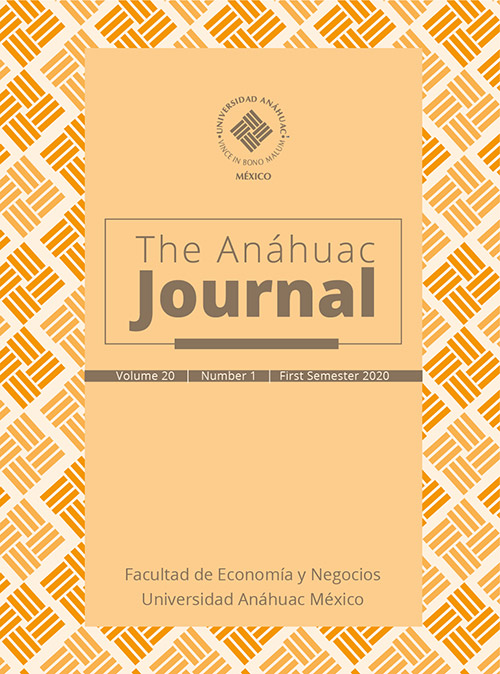
Publicado
Número
Sección
Licencia
The Anáhuac Journal se distribuye bajo Licencia Creative Commons Atribución-NoComercial-CompartirIgual 4.0 Internacional.








